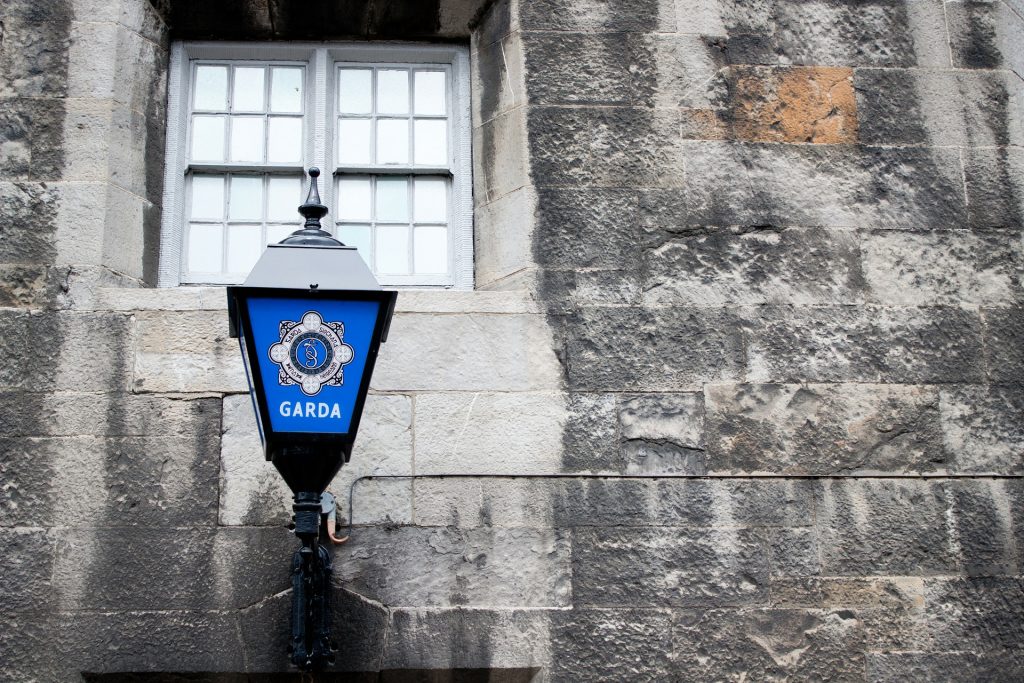The report of the Commission on the Future of Policing in Ireland was published on the 18th September. The Commission, the first of its kind in the 93-year history of the force, was established in May 2017 following a relentless succession of policing scandals that resulted in the unprecedented resignation of the Minister for Justice and two successive Garda Commissioners. At the heart of the scandals were numerous high-profile allegations of serious Garda corruption, and concerns over an unhealthily close and mutually self-serving relationship between central government and senior Garda management.
In its report, the Commission draws heavily on familiar recommendations that have been made in one context or another in recent years, together with lessons from best international practice, to construct a roadmap for very necessary reforms in: recruitment, education and training, promotions, personnel development, internal management and organisation, inter-agency cooperation, community policing and the use technologies and social media, among others. If implemented fully, they offer the prospects of replacing the homogenous, hierarchical, inward-looking and hidebound Garda organisation with one that incorporates diversity, a confident and outward-looking service mentality, investment in personnel development and a commitment to ethical and professional policing values suited to the challenges of the 21st century.
Commendably the report foregrounds the importance of human rights in policing. It calls for them to be “a central concern and an informing principle when police policies and strategies are being developed, when operations are planned and executed, and when cases are brought to a conclusion.” It also advocates an injection of clarity and transparency to police powers, including the adoption of codes of practice on how some powers should be exercised. Equally commendable are the proposals to address the notorious failures of the Garda complaints procedure by strengthening the status, powers and resources of a renamed independent complaints body.
Less impressive are the Commission’s recommendations on the key areas of democratic scrutiny and State security. They envisage a significant reconfiguration in the governance structures which will give central government and senior Garda management even deeper control over policing, at the expense of more broad-based democratic scrutiny and greater transparency. Moreover, the Commission’s proposals on the State security remit of the Garda will see it placed at the centre of a significantly expanded State security apparatus. Inevitably, this will dilute its civil policing service remit and further undermine its exposure to democratic scrutiny and transparency.
Whether the Commission’s report will have any impact in practice depends almost wholly on the government’s commitment to the implementation of its recommendations over the next few years. Unfortunately, both government and the Garda have a long track record of frustrating proposed reforms either by quietly shelving them, or implementing the appearance of reform without the substance. Another concern is the strength of the government’s resolve to resist self-serving lobbying behind the scenes from institutional and vested interests, most notably within the Department of Justice and in the Garda organisation itself. The only certainty is that this subject will not go away anytime soon.
Former Kent Law School colleague, Professor Vicky Conway was a member of the Commission.

